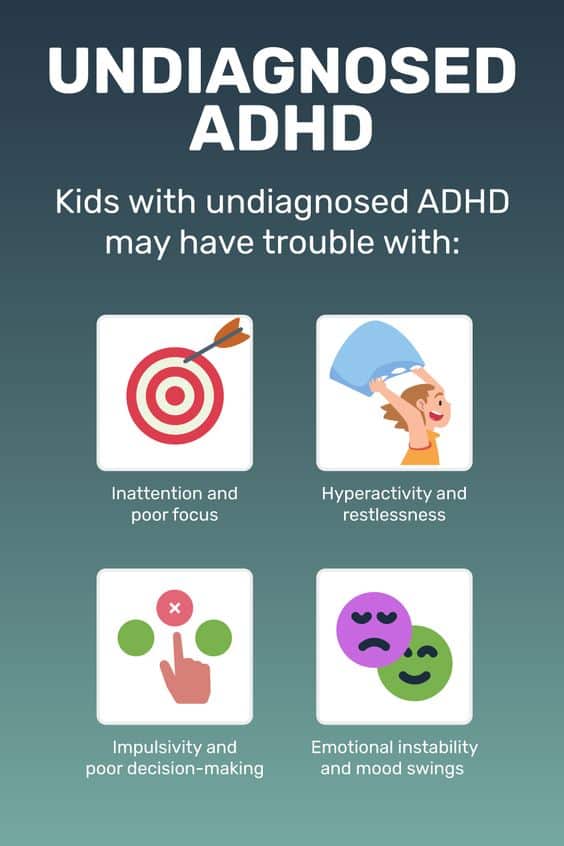Effective treatment options can help manage the symptoms of rumination in ADHD. Consider the following approaches:
| Strategy |
Description |
| Mindfulness exercises |
Practice deep breathing or guided meditation to bring focus to the present moment and let go of negative thoughts. |
| Cognitive-behavioral therapy (CBT) |
Engage in therapy sessions where you can learn to challenge and reframe negative thinking patterns. |
| Journaling |
Write down your thoughts and feelings to gain insight and promote self-reflection. |
| Engaging in hobbies |
Find activities you enjoy to divert your attention from ruminative thoughts. |
| Seeking support |
Talk to a therapist or counselor who can provide guidance and help develop coping strategies. |
By incorporating these strategies into your daily routine, you can begin to manage rumination and improve overall well-being. Over time, with consistent practice and support, individuals with ADHD can experience reduced rumination, improved focus, and increased happiness.











